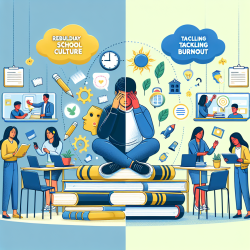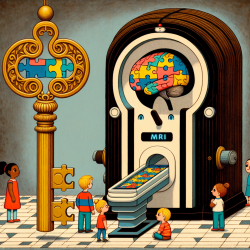The COVID-19 pandemic forced many healthcare providers to pivot to telehealth to continue offering essential services, including those for autistic adolescents. The study titled Brief Report: A Pilot Study Examining the Effects of PEERS for Adolescents Telehealth for Autistic Adolescents offers promising insights into the effectiveness of telehealth interventions for enhancing social skills in autistic adolescents. This blog will explore the key findings of the study and how practitioners can leverage these insights to improve outcomes for their clients.
Study Overview
The Program for the Enrichment and Education of Relational Skills (PEERS) is a well-established, evidence-based social skills intervention originally designed for in-person delivery. The study adapted PEERS for telehealth to assess its effectiveness among 22 autistic adolescents and their caregivers. The intervention included a 16-week protocol covering social skills such as initiating conversations, handling teasing, and participating in social activities.
Key Findings
The study yielded several significant findings:
- Decreased Core Autistic Symptoms: Caregivers reported a significant reduction in core autistic symptoms as measured by the Social Responsiveness Scale (SRS).
- Increased Social Knowledge: Adolescents showed a substantial improvement in social skills knowledge, as evidenced by the Test of Adolescent Social Skills Knowledge (TASSK).
- More Social Interactions: Both caregivers and adolescents reported an increase in the number of get-togethers, indicating enhanced social engagement.
Implications for Practitioners
These findings offer several actionable insights for practitioners:
- Embrace Telehealth: The study provides robust evidence that telehealth can be as effective as in-person interventions for improving social skills in autistic adolescents.
- Adapt Curriculum: Practitioners should consider adapting their social skills curriculum to include online-specific scenarios, such as initiating and ending video chats.
- Encourage Virtual Socialization: Promote virtual get-togethers and extracurricular activities to provide additional opportunities for social practice.
Future Research
While the study offers promising results, further research is needed to validate these findings on a larger scale. Practitioners are encouraged to contribute to this growing body of research by documenting their telehealth interventions and sharing outcomes.
To read the original research paper, please follow this link: Brief Report: A Pilot Study Examining the Effects of PEERS for Adolescents Telehealth for Autistic Adolescents










